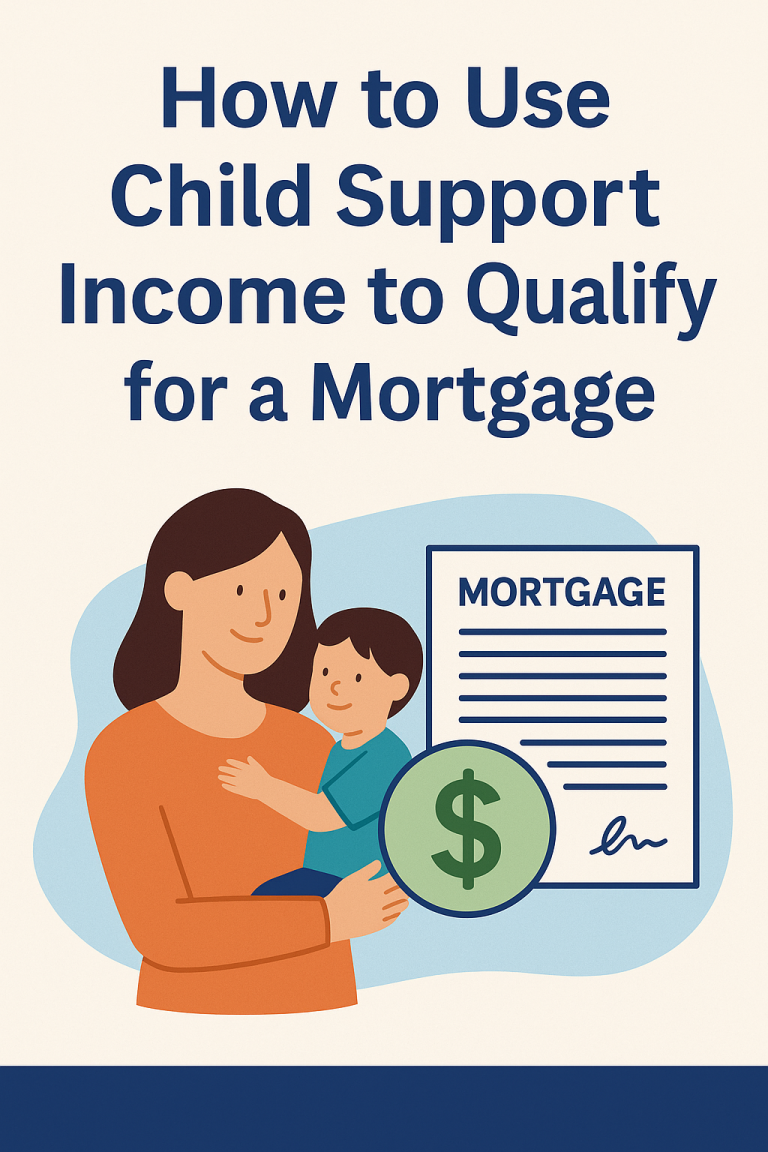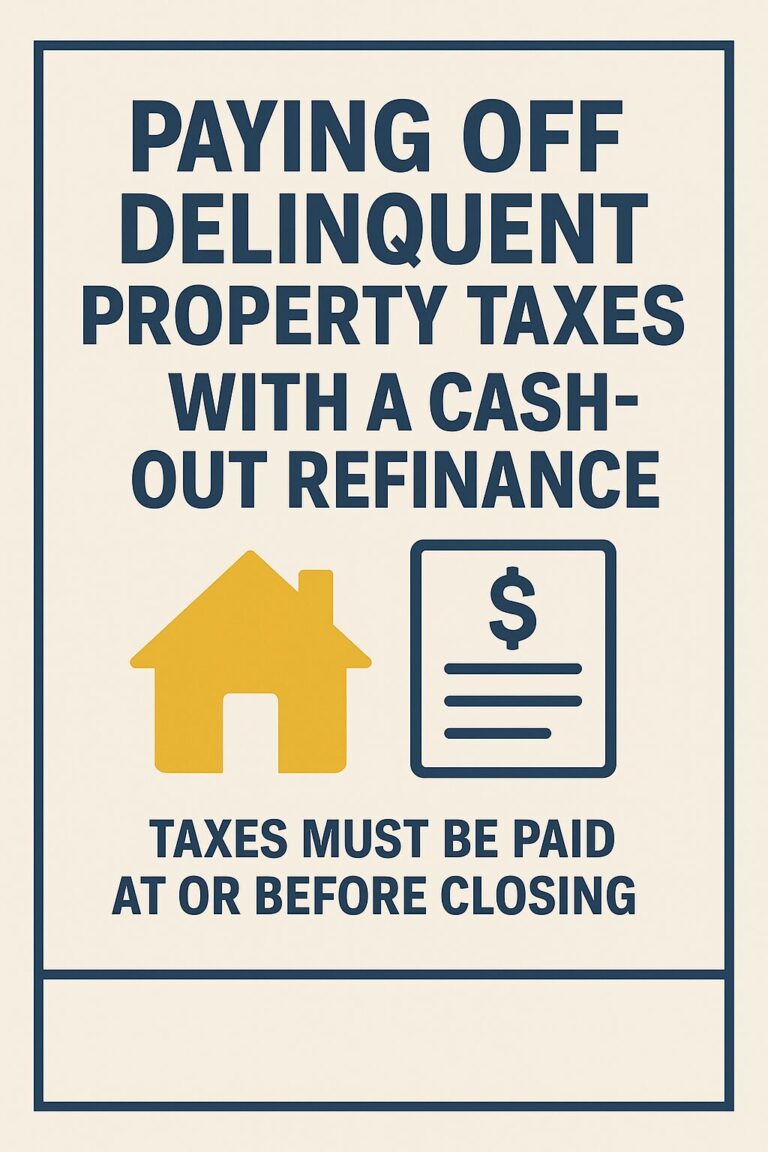In the current consumer landscape, securing approval for a mortgage is a significant challenge. It’s widely acknowledged that applying for and obtaining a loan can be a bit tricky, considering factors like documentable income, credit history, and available cash. Your financial health, including payments and potential skeletons in the closet, all play crucial roles in whether a bank approves your loan.
Many individuals assess their finances, conduct online research, read credit-related content, and decide to get pre-qualified for a loan. However, a common dilemma arises—they hesitate to have their credit checked immediately. Some prefer to wait until they’ve paid off debts, hoping for an uptick in their credit score the following month.
Here’s the deal: a reputable mortgage lender would advise you to run your credit now. Even if your credit score needs improvement, they can work on a rapid credit repair in a service-oriented format, boosting your score. Let’s say you recently paid off $7000 in credit card debt mid-month. Will this positively impact your credit score by 30 points immediately? Not quite.
The credit score doesn’t reflect changes until the next month due to the timing of creditors’ reports at the end of the month. Therefore, waiting until the end of the month or the next month to apply for a loan isn’t recommended. Mortgage companies have access to accredited scores and can run a simulator to determine if paying down debts will improve your credit score. Most lenders offer this service without charging extra.
By understanding where you stand today, you can create an action plan for the future. If a mere 30 points in your credit score are holding you back, and your credit scores are otherwise sufficient for a loan, there might be other financial aspects at play. Your income, debt load and cash alignment play crucial roles, and obtaining a mortgage can significantly boost your credit score. But what if you lack the cash right now? If the funds are on the way, you can provide a gift letter and ensure proof of funds at a later stage in the process. While this might extend the process slightly, it allows you to make an offer on a house you can afford, making it a win-win situation.
Contrary to common belief, waiting for a minimal credit score increase (20 to 30 points) might not have a substantial impact on your bottom line. It’s essential to reevaluate your finances and be transparent with the lender about any excessive debt or financial intricacies.
In conclusion, understanding the nuances of mortgage approval, including the timing of credit checks and the broader financial picture, can make a significant difference in your journey to homeownership.
Looking to get a mortgage? Get a no cost quote today!
—
Share:
RELATED MORTGAGE ADVICE FROM SCOTT SHELDON
Why Lenders Request the Same Documents More Than Once
If you’ve ever applied for a mortgage, you’ve probably wondered why lenders sometimes ask for…
VA Loans and the Clear Pest Report Requirement: What Buyers Need to Know
If you’re a homebuyer using a VA loan to finance your property, there’s a unique…
View More from The Mortgage Files:
begin your mortgage journey with sonoma county mortgages
Let us make your mortgage experience easy. Trust our expertise to get you your best mortgage rate. Click below to start turning your home dreams into reality today!



